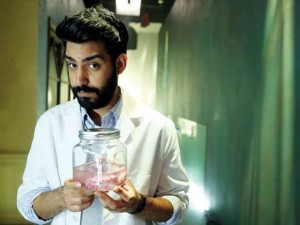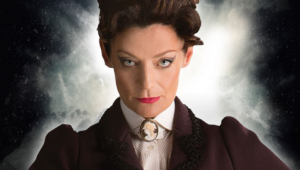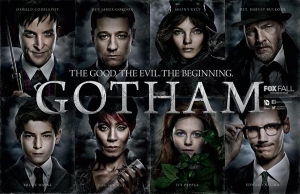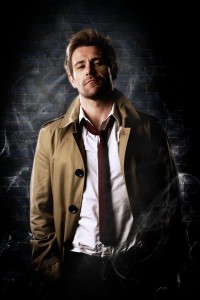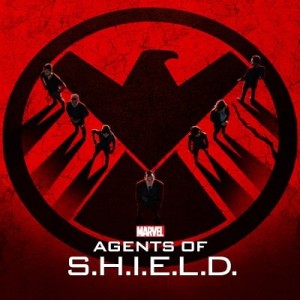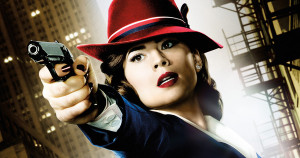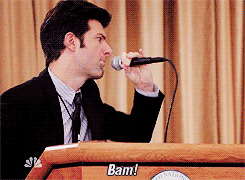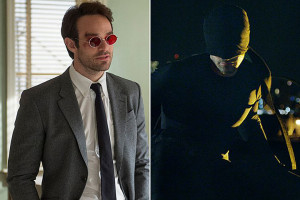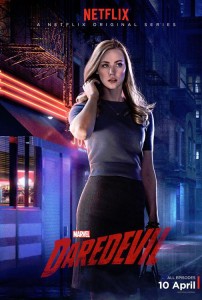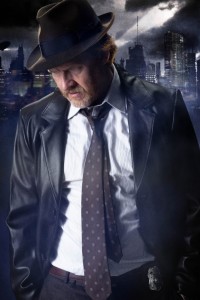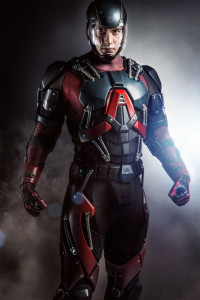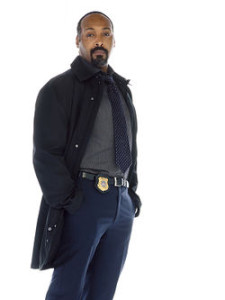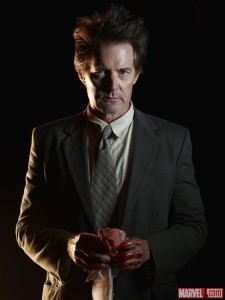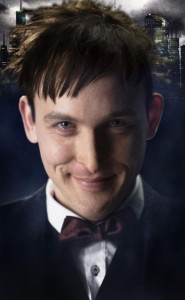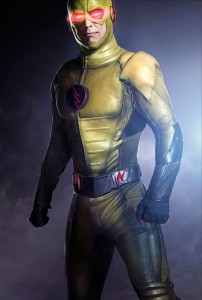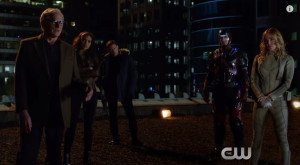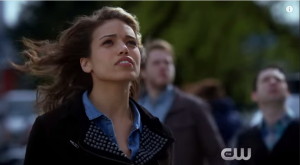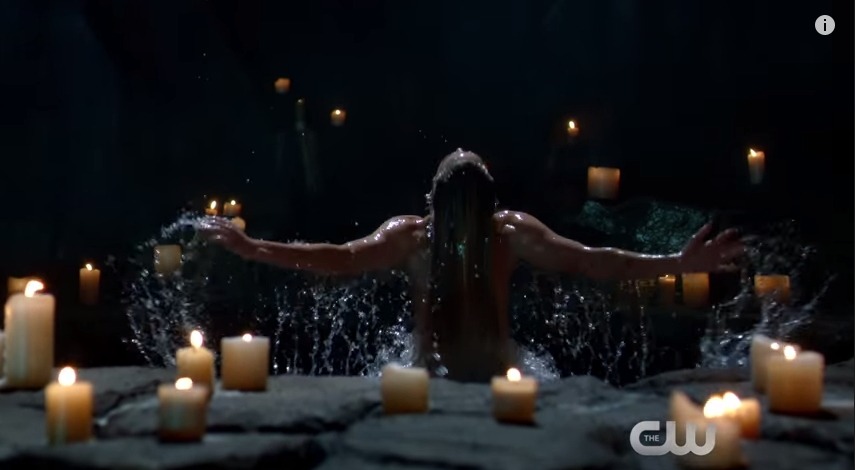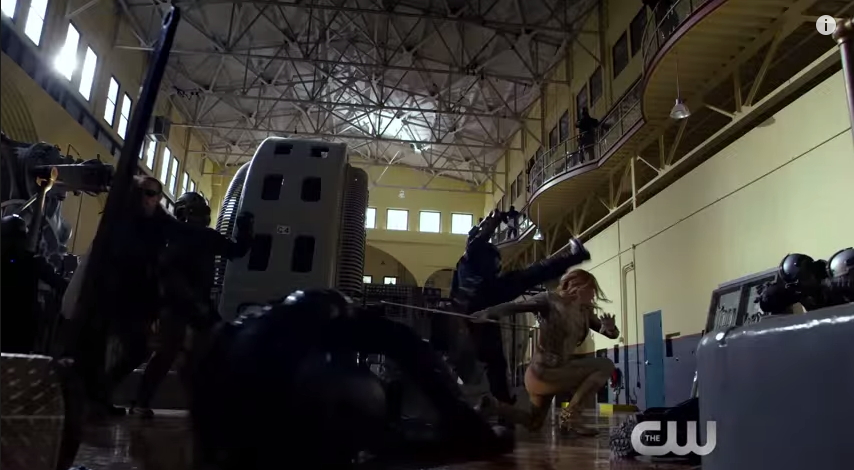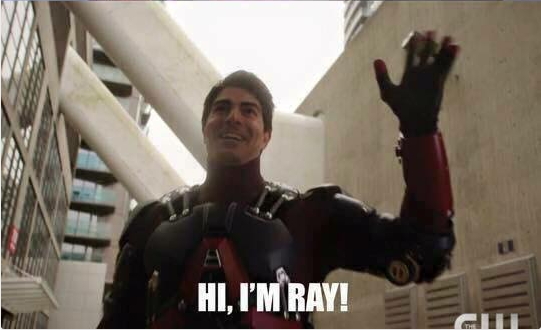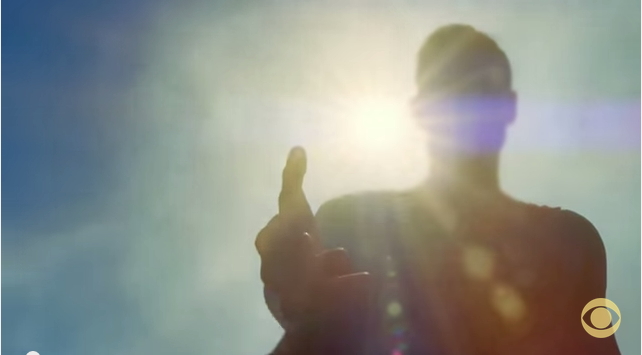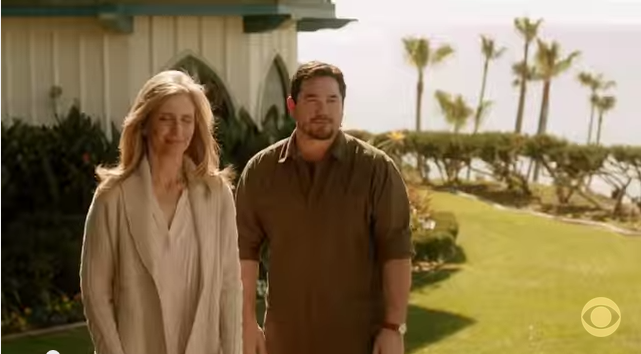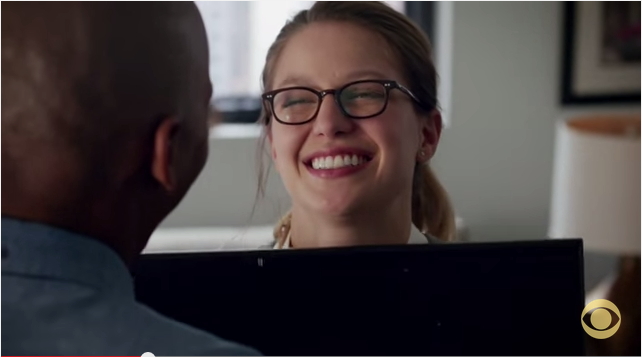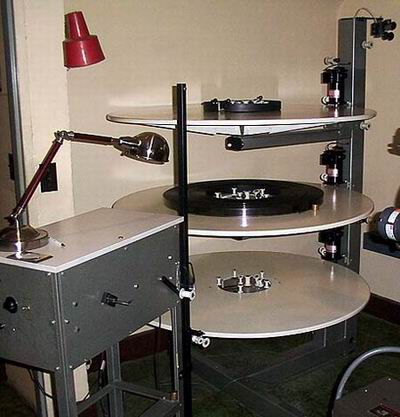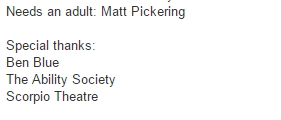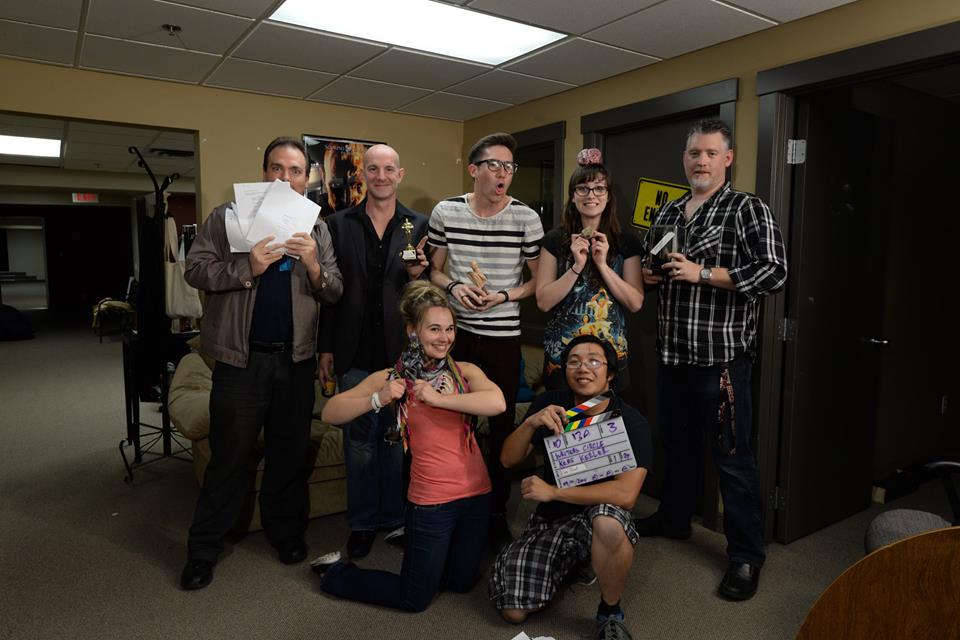And so it’s come to this. But before we get to my superhero rankings, let’s see how some other geek shows would have done in my earlier categories.
Because it’s my blog and I do what I want.
Beyond the capes
There are a handful of geek-oriented TV shows I like that I disqualified for not being superhero shows. But they’re worth some kudos. So let’s do a speed run through the previous categories. Warning: this is even less comprehensive than my previous entries, because I don’t watch Once Upon a Time and am seriously behind on Sleepy Hollow (thought I’d catch up on Netflix, that still isn’t an option) and Supernatural.
Though Supernatural’s a little long in the tooth and probably wouldn’t have made it anyway.
Best Male Lead: Sherlock Holmes, Elementary

Sherlock Holmes is a misanthrope. All recent adaptions can agree on that. Good with mysteries, bad with people, and generally fine with that, and Johnny Lee Miller’s Sherlock is no exception. But where BBC’s Sherlock is better at tackling the big, canonical mysteries and making events out of them (only having to write three episodes every two years helps), CBS’s Elementary has more time for character growth and development, and to my surprise, they’ve been making use of it.
Sherlock is still Sherlock, still blunt, still generally bad with people and uncaring about social niceties… but he’s become a genuine friend to Joan Watson, better able to open up. Their partnership has evolved from Detective/Assistant to Detective/Protege to essentially equals. He took on a new apprentice in Kitty Winter, demonstrating new depths of emotional investment in another human being beyond their use to him. Miller’s Sherlock has become a rich enough interpretation of the character, one I’ve become so invested in, that the threat of him having a relapse into heroin addiction was genuinely frightening. And that’s quite an accomplishment for a show that started as “Crime procedural but with Sherlock Holmes,” or as it seemed some network executive was picturing it, “House, but instead of fighting disease he solves crimes.”
Honourable mention: the 12th Doctor, Doctor Who. He may be less cheerful and cuddly than Ten or Eleven, but he’s still the Doctor, as seen in this speech.
Best Female Lead: Liv Moore, iZombie
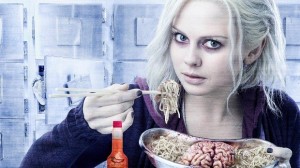 Liv Moore (get it?) had it all: a promising medical career, a perfect fiance, friends and family… now she’s single, working in a morgue, and pushing away anyone close to her, because after a boat-party-turned-horror-movie, she’s a zombie. If she eats a steady supply of brains, she stays mostly normal (if pale), hence the morgue job, but the brains come with a consequence: she absorbs the owner’s memories, so she uses that to help Seattle police detective Clive Babineaux solve mysteries by pretending to be psychic. All part of adapting to life after death.
Liv Moore (get it?) had it all: a promising medical career, a perfect fiance, friends and family… now she’s single, working in a morgue, and pushing away anyone close to her, because after a boat-party-turned-horror-movie, she’s a zombie. If she eats a steady supply of brains, she stays mostly normal (if pale), hence the morgue job, but the brains come with a consequence: she absorbs the owner’s memories, so she uses that to help Seattle police detective Clive Babineaux solve mysteries by pretending to be psychic. All part of adapting to life after death.
In addition to memories, Liv also absorbs some of the deceased’s personality. Thus far she’s been a passionate (in more ways than one) artist, a sociopath hit man, an extreme sports junkie, a would-be relationship guru, an agoraphobic gamer/hacker/troll, a military sniper, an alcoholic journalist, and more, all while still being Liv. And like I said last time, Rose McIver is nailing it each and every week. It shouldn’t be a surprise that the creator of Veronica Mars knows how to write a kickass detective heroine.
Honourable mention: Joan Watson, Elementary. Like Sherlock, Watson’s evolved over the last three seasons, from a doctor-turned-sober-companion to a skilled detective in her own right. Not a traditional Watson, but a damn fine one.
Best Supporting Character: Dr. Ravi Chakrabarti, iZombie
Liv’s boss and sole confidant, Ravi figured out her secret pretty quickly (he noticed chunks of brain kept going missing from the bodies), but instead of being horrified, was simply fascinated. The only person Liv can be 100% honest with (or even 30%, really), Ravi’s become her (excuse the term) lifeline… and is convinced he can find a cure to her condition. Plus he’s got a charm to him, is pleasantly nerdy, and brings an enthusiasm to their casework that keeps things lively. All without any unnecessary romantic tension.
I mean, he cares about Liv, but he’s not an idiot. She is just SUPER contagious.
Honourable mention: Kitty Winter, Elementary. Survivor of a horrifying crime, she turned to investigating criminals. But her trauma made it hard to be taken seriously, as it made it hard for her to even make eye contact with strange men, let alone be convincing about her findings. But a chance encounter after a failed attempt to make a report to the London police got her noticed by Sherlock Holmes, who takes her under his wing, and trains her in his techniques. Sherlock’s tutelage never reduces her to a victim, even in his slightly ham-fisted attempts to be protecting, and in a flashback, we learn the full truth: Sherlock didn’t save Kitty. Mentoring Kitty saved Sherlock, right when he was at his lowest. She’s gone now, as her story (adapted from one of the classic novels) always had an endgame, and her farewell to Sherlock was a little heartbreaking. Here’s hoping she finds her way back to New York someday.
Best villain: Missy, Doctor Who
Spoilers for Doctor Who, Series Eight. Skip over this if you want to stay unspoiled.
Throughout Peter Capaldi’s debut season as the Doctor, we get glimpses of an eccentric woman named Missy, who seems to be collecting all of the people who die during the Doctor’s adventures. Villains, allies, bystanders, all find themselves in one of Missy’s offices. That’s all we’re told at first… her name is Missy, she has a particular interest in the Doctor, and she claims to run Heaven. It’s not until the two-part finale that we learn the truth… and it’s a hell of a thing. Who is Missy?
[spoiler title=’Big-time spoiler here.’ collapse_link=’true’]Missy is classic Doctor Who nemesis The Master, regenerated from John Simm into Michelle Gomez, and she’s used the dead to build an army of Cybermen.[/spoiler]
Michelle Gomez was so good in the role that I liked her as a villain even when she was doing things designed to be painful to watch. And it was her motivation that pushed Missy to the top of the list… she wasn’t trying to conquer all of time and space, she was giving the Doctor a dark and terrible gift. She wanted him to admit that he isn’t better than her, that they share the same darkness, because then they could be friends again. She’s a monster, yes, horrifying, to be sure… but this time around, she just wants her best friend back.
Honourable mention: Blaine DeBeers, iZombie. Turned into a zombie at or shortly prior to the same party as Liv, Blaine found an upside to zombie life… scratch a few one-percenters, and he’s living the high life, making tens of thousands of dollars a week keeping the rich and undead in fresh, haute cuisine brains. Evil? Sure, he’s monetized being a literal predator and doesn’t care who gets hurt. But he’s played by Alias/the Revenant’s David Anders, who’s never not fun to watch.
The Main Event
Okay, let’s wrap this puppy up. Who’s the best series? Instead of giving you the three best and one worst, here’s my full rankings of super hero TV.
#7
For every one thing that works about Gotham (Bullock, Cobblepot, the brewing mob war), there are three that don’t (Barbara, Nygma, seriously how old is Harvey Dent gonna be when he becomes Two-Face if he’s already a prosecutor, Barbara again, she’s that awful). The Wayne Enterprises conspiracy plot has no real momentum, and the series premise basically guarantees a great deal of wheel-spinning. There’s enough there that I’m gonna watch at least the start of season two, but if they don’t want to get their asses kicked by Supergirl, they’d better do some serious course-correction instead of doubling down on their flaws.
#6
Constantine loses some ground in the standings for getting off to a weak start. The show had strong potential, especially in its lead character, but took a while to start seizing that potential. And they didn’t do the best job with canon characters Felix Faust or former Constantine nemesis The First of the Fallen. But they started to find their feet, it was still a fun watch, it was sad to see it go, and the tiny hope that Matt Ryan’s Constantine may yet find his way to Starling City is exciting.
#5
Certainly an improvement over their lacklustre first season, but as is their habit, they may have overcorrected a smidge. In season two, they burned through plots almost too quickly. Hydra only lasted half the season and their primary nemesis, paving the way for Dark SHIELD (amazed no one else ever called them that…), which skidded to a halt so that their last three hours could be devoted to something else entirely, war with the Inhumans. And right in the middle of that last, most awkward gear shift, a token movie tie-in that was almost as half-assed as The Well, their bait-and-switch Thor: the Dark World “tie-in” that remains the show’s worst episode.
But unlike a year ago, I’d have actually been sad if the show got cancelled. If there’s one thing Agents of SHIELD is good at, it’s reinvention and course correction, so let’s see what season three can do.
#4
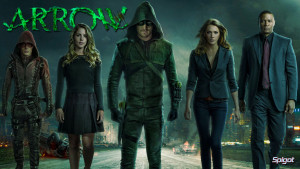 I love Arrow, always have, and I’m as surprised as anyone to see it not make the top three. But you can love something and admit it’s had problems. A less cohesive season arc than season two, flashbacks that felt less essential, a little too much weepy Felicity… I believe in the show, love the larger universe its responsible for, and look forward to season four, but I’ll admit this wasn’t their best year. Still good, not quite great.
I love Arrow, always have, and I’m as surprised as anyone to see it not make the top three. But you can love something and admit it’s had problems. A less cohesive season arc than season two, flashbacks that felt less essential, a little too much weepy Felicity… I believe in the show, love the larger universe its responsible for, and look forward to season four, but I’ll admit this wasn’t their best year. Still good, not quite great.
#3
Perhaps Agent Carter’s short run-time did it favours. It’s amazing what freeing yourself of the filler episodes a 22-24 episode season requires can do for your narrative. But if a great lead, reliably entertaining banter between Carter and Edwin Jarvis, and a glimpse into the history of the people who trained Black Widow aren’t enough for you, Agent Carter was also about something. They used old-school spy action to lure you into a look at the difficulties of women in post-war America, as the returning men tried to push them back into the background, and how even “safe places” like the ladies’ apartment complex Carter moves to are places of control and puritan judgement. Agent Carter was smart, fun, and necessary.
#1&2… And we have a tie
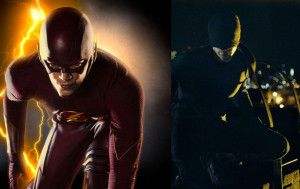 Look, I’ve given this more thought than anyone rationally should, and… I can’t. I just can’t. I cannot, in good conscience, tell you which of these shows is better.
Look, I’ve given this more thought than anyone rationally should, and… I can’t. I just can’t. I cannot, in good conscience, tell you which of these shows is better.
You see, the thing about rating things from one to ten, is that there is no objective ten. Or at least that’s what I read once, and it made sense to me. The notion was, a ten is simply a nine that fills a personal niche. Daredevil and The Flash are, and it is not just me saying this, it’s all over the web, they are nines. They are both excellent television shows. As it happens, Flash hits more than one niche for me, having been a massive Flash fan starting in the 90s, a Firestorm fan in my formative years, and an Arrow fan recently.
So while it would be tempting to declare Flash the best superhero show on TV, I can’t ignore the fact that it is almost custom-tailored to my exact tastes (having Mark Hamill reprise his role as the Trickster from the 90s series? I’m not made out of stone).
Daredevil and Flash have the best supporting casts, the best leads, the best plotlines, but they each have their own strengths and weaknesses. Daredevil has the better production value. It plays less like a series and more like a 13 hour film. Every episode is tied to the central narrative (save two things), something a shorter runtime makes easier to do. It’s gripping, yes, but grim. And it doesn’t quite stick the landing in its finale. Also, it suffers the same issues as Age of Ultron, in that they occasionally break from their own story to set up other properties. Want to know what Matt’s mentor Stick was doing in New York, or who he’s reporting to? Sorry, you’ll have to wait for (I assume) The Defenders in 2017.
The Flash is more joyful. Brighter, more fun, and more, for good or ill, comic-booky. Daredevil tries as hard as it can to not be a superhero show, despite taking place in the same universe as the Avengers. Matt’s traditional costume, and the name “Daredevil,” don’t show up until the end of the last episode. I don’t think they ever use the word “Kingpin.”
Flash, on the other hand, is loud and proud about its comic book origins. Easter eggs are, simply put, cooler and more frequent. Where Daredevil tried to keep its villains as grounded as possible (except, okay, for the ninja and the mandated tie-in to Iron Fist’s mystical city of Kunlun), Flash caps off a steady stream of comic book supervillains by having Barry fight a telepathic gorilla. And it’s great. And it should be said… for all that the MCU’s selling point is that everything is connected, Flash and Arrow’s DCWverse is just better at being a shared universe.
On the other hand, The Flash had an Iris problem for most of the season. You wouldn’t catch Daredevil half-assing Karen Page because they didn’t know what to do with her.
They’re both great. They’re both better and worse than the other in different ways, and which you prefer will come down to personal taste.
And with that… we’re finally done. On to other topics. Such as the delayed-but-imminent season finale of Writers Circle. Is “Decisions and Deneuments” as good as Flash’s “Fast Enough?” Well… it’s not as heartbreaking. Some might say… it’s the reverse.

